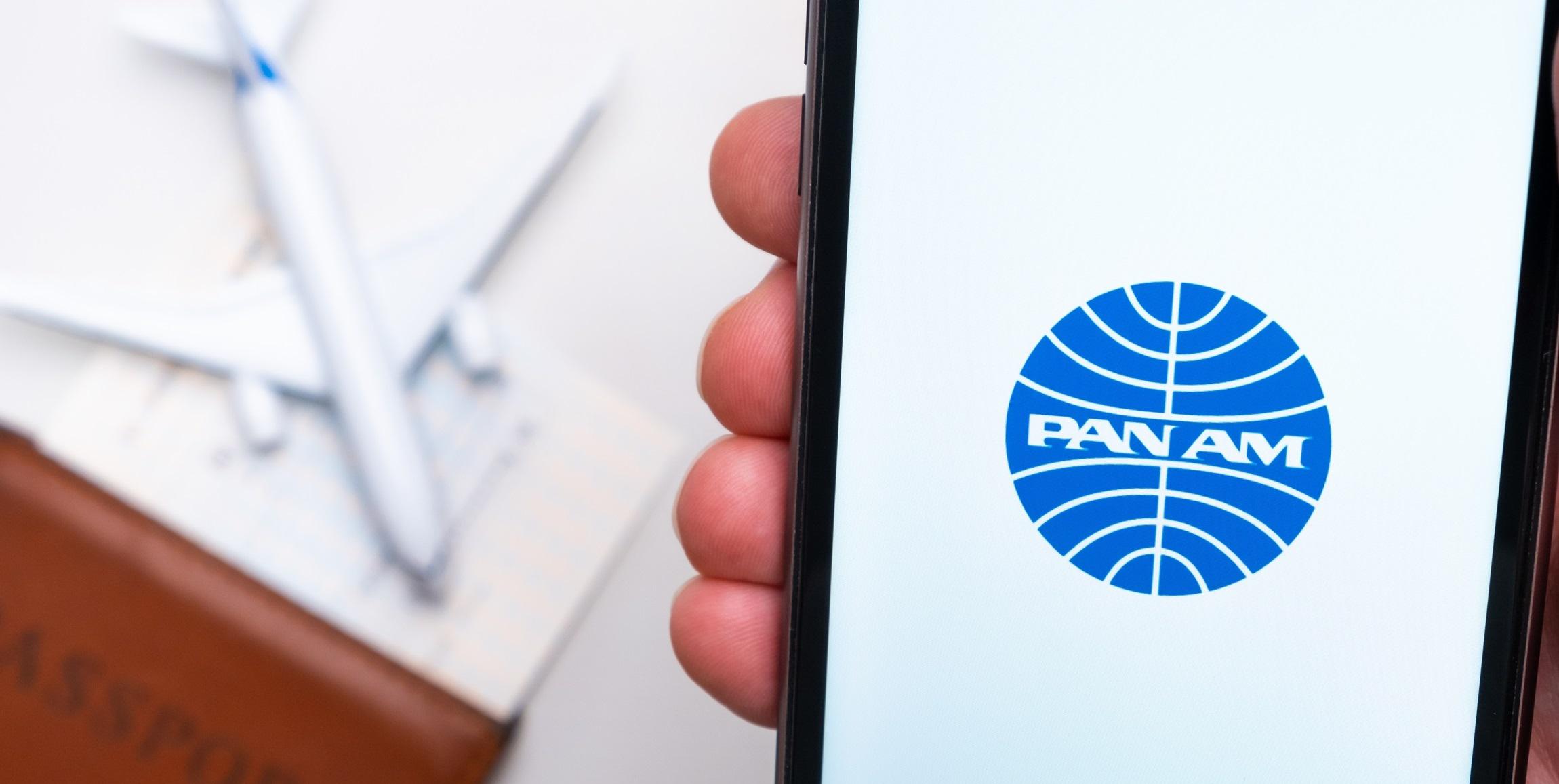Hotel reservation systems: A guide for hotel managers

Whether you’re managing a hotel, boutique property, or short-term rental, keeping track of reservations is a big part of your day. And when those bookings come in from everywhere—your website, phone calls, online travel agencies, even business travel partners—it doesn’t take long before things start to feel scattered.
A missed detail here or a double booking there can create real headaches for your team and your guests. But a good hotel reservation system simplifies the behind-the-scenes work, helping you focus more on the guest experience and less on juggling systems.
What’s a hotel reservation system?
A hotel reservation system is what helps you manage every booking in one place—from updating room availability to storing guest info and processing payments. Whether reservations come from your website, a phone call, or an online travel agency (OTA), the system keeps everything accurate and up to date.
A strong reservation system also connects with your other tools. It can sync with your property management system (PMS), link to payment processors, and pull in bookings from OTAs through a channel manager. That means less manual work, fewer errors, and smoother operations.
Here’s what most systems offer:
- Real-time updates to room availability and pricing
- A centralized place for all your reservations, no matter where they came from
- Guest profiles with contact info, preferences, and past stay details
- Secure online and in-person payment processing
- Automated emails for booking confirmations, reminders, and follow-ups
- Options for creating and managing group bookings and custom rate packages
- Integration with loyalty programs, CRM tools, and marketing campaigns
4 types of hotel reservation systems
1. Integrated hotel reservation system
This system links directly to your PMS, channel manager, payment tools, and more—all in real time. When someone books a room on an OTA like Engine, your availability updates instantly everywhere. For hotels handling a high volume of bookings, this setup keeps hotel reservation management efficient and in sync across platforms.
2. Semi-automated reservation system
This hybrid approach involves a combination of manual entry (like phone reservations) and digital tools (like online dashboards). It’s a good fit for smaller hotels that are working on moving away from pen-and-paper tracking, adding just enough automation to reduce errors without requiring a full tech overhaul.
3. Online hotel reservation system
With this model, guests can book directly from your website or social media, and the system updates calendars, processes payments, and sends confirmations automatically. Because it’s cloud-based, your team can access the tool from anywhere. It’s ideal for properties focused on boosting direct bookings and cutting OTA fees.
4. Manual reservation system
Some very small properties still rely on manual reservation systems—think spreadsheets, paper logs, or printed calendars. While this approach may work temporarily, it’s risky. There’s no automation, it’s easy to lose track of details, and mistakes are common. Most hospitality teams quickly outgrow manual methods as bookings increase and hotel reservation management becomes more complex.
Benefits of an effective hotel reservation system
An effective hotel reservation system is critical to keeping operations running smoothly, helping you streamline every touchpoint and delivering a better experience for your guests and your team. Here’s how a good system helps.
Centralized reservations
A modern reservation system consolidates all your bookings—whether they come from your website, phone, OTAs, or corporate partners—into one unified platform. This gives your team a single source of truth and makes it easier to manage inventory in real time.
Fewer booking errors
Automated updates significantly reduce the risk of double bookings, missed reservations, or overbooked rooms. With real-time availability syncing across channels, you can avoid costly mistakes and protect your property’s reputation.
Seamless operational integration
Today’s systems are designed to play well with others. They often integrate with your PMS, channel manager, payment processors, and even CRM or marketing tools, keeping guest data and room details consistent and up to date.
Better visibility and decision-making
Robust reporting features give you insights into occupancy trends, revenue by channel, average length of stay, and more. This data helps inform smarter decisions around pricing, staffing, marketing, and long-term growth strategies.
What to look for in hotel reservation software
The best tools don’t just manage bookings—they make your entire workflow more efficient, enhance the guest experience, and help your team stay ahead of demand. Here’s what to prioritize when evaluating your options.
Real-time availability and calendar syncing
Overbookings and manual updates are a thing of the past. Your reservation software should sync availability instantly across all platforms—your website, OTAs, and direct bookings—so your calendar always reflects the current inventory.
Integrated booking engine
Make it easy for guests to book directly from your website without redirecting them to a third-party platform. A built-in booking engine that’s mobile-friendly ensures a smooth experience, whether guests are reserving rooms from a desktop or on the go.
Built-in reporting and analytics tools
The right software will help you uncover key insights without requiring separate analytics tools. Look for features that let you track revenue, analyze booking patterns, and monitor channel performance all from one dashboard.
User-friendly interface for staff
A system that’s hard to use definitely won’t be used well. Choose software with an intuitive interface, easy navigation, and drag-and-drop functionality to reduce training time and help your team stay efficient—even during peak seasons.
Hotel reservation system examples
The right reservation system depends on your property size, booking needs, and how much automation you want. Here are a few widely used options to consider:
- Little Hotelier: Best for small hotels, B&Bs, and boutique properties. Combines a PMS, channel manager, and booking engine for easy OTA syncing and direct bookings.
- Hotelogix: Suited for single or multi-property hotels. Cloud-based platform with tools for front desk, housekeeping, and group booking management.
- Lodgify: Great for vacation rentals and independent hotels. Includes a built-in website builder, rate management, calendar syncing, and guest messaging.
Engine’s booking platform can integrate with your reservation system to attract business travelers and simplify group bookings of 9+ rooms. Already using one of the systems above? Adding Engine helps you fill rooms faster—without changing your setup.
Simplify your hotel reservations with Engine
The right hotel reservation system keeps bookings accurate, guests happy, and operations running smoothly. But how you connect with travelers matters just as much—and that’s where Engine comes in.
As a top-tier booking platform, Engine works with your existing tools to help you bring in more business, especially for group stays of 9+ rooms. It connects your property to a large network of travelers, expanding your reach without adding extra work for your team.
Whether you want to fill more rooms, streamline group booking management, or reduce reliance on OTAs, Engine supports your goals—all while integrating with the systems you already use.
Join Engine’s Partner Hub for free today, and get $100 in ad credit when you run your first marketing campaign.
FAQs
What system do hotels use for reservations?
Most hotels use a combination of tools to manage reservations, including a PMS, a channel manager to sync with OTAs, and a hotel reservation system to track bookings and guest details. Some properties opt for an all-in-one platform that combines these features.
What’s a hotel booking management system?
Hotel booking management system is another name for a hotel reservation system. These tools help manage room availability, guest information, and bookings across multiple channels—from direct website reservations to OTAs and phone bookings.
How much does a hotel reservation system cost?
Costs vary based on the features you need and the size of your property. Some systems charge a flat monthly fee, while others take a commission per booking. Pricing typically ranges from $30 to several hundred dollars per month.
How does a hotel reservation work?
When a guest makes a booking, whether it’s online, by phone, or through a third-party site, the system records the details, updates your availability, and sends a confirmation. Many platforms also handle payments and automate guest communication.






.avif)



.avif)





![How to Get the Best Hotel Deals and Rewards [Infographic]](https://cdn.prod.website-files.com/66a41388b1be9ba182f1e80c/66a41388b1be9ba182f1f257_Windsor_Hotel_-_in_winter.avif)







